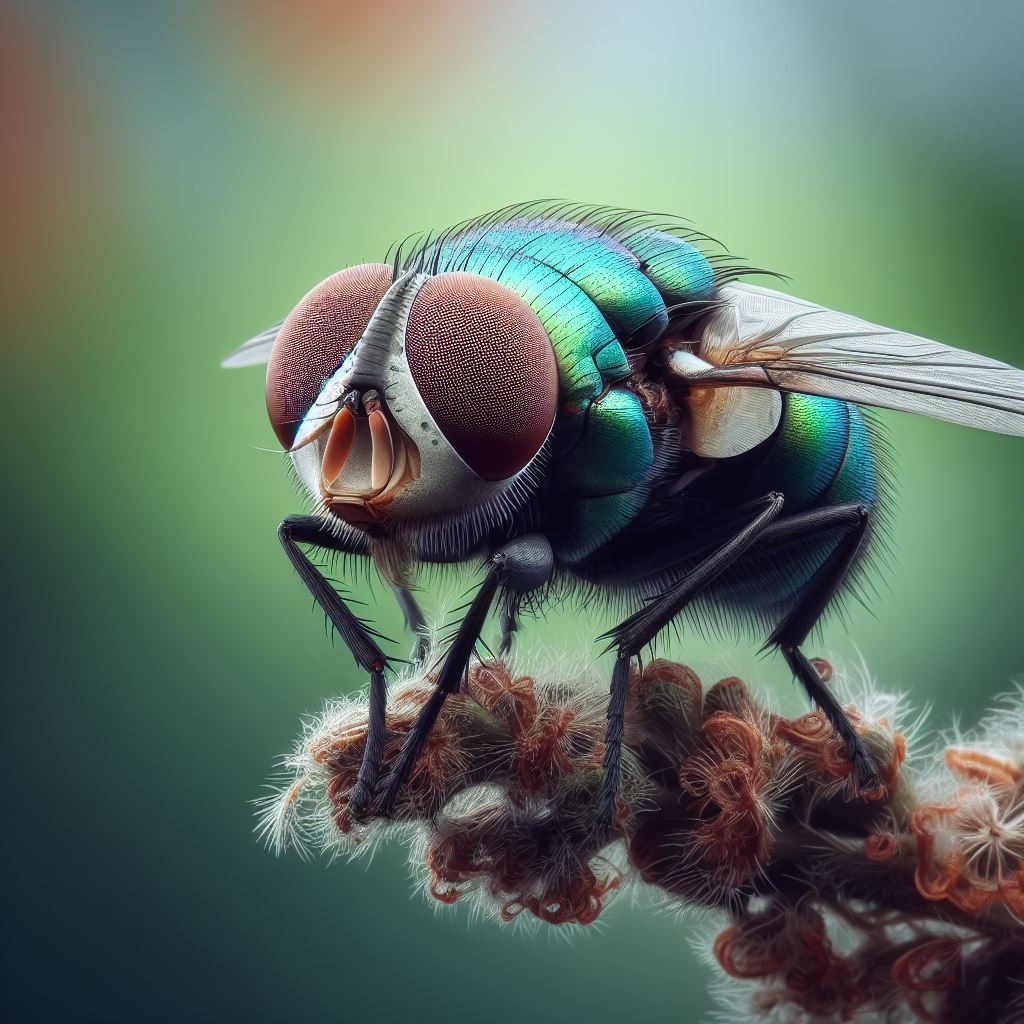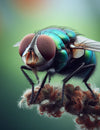
Are you fed up with the constant presence of flies in your home? Flies can be a persistent nuisance, making it challenging to maintain a peaceful living environment. They not only contaminate food and carry diseases but also contribute to an unpleasant atmosphere. If you're seeking effective ways to eliminate flies indoors and restore serenity to your home, read on for our comprehensive guide. It's crucial to act promptly, as flies reproduce rapidly and can thrive in various indoor conditions.
Understanding what attracts flies to your home is the first step in devising a successful fly control plan. Typically, the presence of decaying organic matter or sugary substances like overripe fruit, spilled soda, or alcohol serves as a magnet for common house flies. These pests feed on the bacteria found in such materials. Similarly, fruit flies are drawn to sweet substances abundant in households. Identifying these attractants is vital for devising an effective strategy on how to get rid of flies indoors.
Before implementing any fly control measures, it's essential to locate the source of the infestation. Take a moment to inspect both the interior and exterior of your house, paying close attention to areas near doors, windows, and the kitchen—hotspots for flying insects. Look out for rotting food, garbage, standing water, and any decaying organic matter inside or outside your home. Additionally, inspect your outdoor sewer or septic system for leaks, ensure proper installation of covers, and fix any leaking pipes or cracks promptly. Check pet dishes, kitchen sinks, and garbage bins for food leftovers. Once you've identified potential sources, you can proceed with addressing how to get rid of flies indoors.
Here are effective strategies to combat indoor fly infestations:
Maintain a Clean Home
Flies are attracted to food residue, so regular cleaning is crucial. Wipe down countertops after meal preparation, store food in airtight containers, and promptly dispose of food waste. Develop a habit of regularly taking out the trash and cleaning up spills in the kitchen and other areas of the house.
Seal Windows and Doors
To prevent flies from entering your home, keep windows and doors shut whenever possible. If you desire fresh air, consider using window screens or full-length door curtains to reduce the entry of bugs. Check for cracks or crevices around windows and doors, as these can also serve as entry points for insects.
Natural Repellents
Choose natural alternatives to chemical sprays or traps. Citronella candles, essential oils like peppermint and clove, and natural fly repellents (such as apple cider vinegar mixed with water) can act as effective solutions. Not only do they deter flies, but they also impart a pleasant aroma to your home.
Fly Traps and Lights
Employ fly traps with sticky glue-like substances to capture flies upon landing. UV lights can enhance the effectiveness of traps by attracting flying insects. Consistent use of this combination can significantly reduce fly populations over time.
Professional-Grade Insecticides
For long-term prevention, consider using professional-grade insecticides trusted by exterminators. Numerous DIY fly insecticides are available at affordable prices. These products are designed for specific areas, ensuring ease of use without saturating the entire house with insecticide. Always follow the instructions on the label to maximize effectiveness while minimizing exposure.
By incorporating these strategies, you can reclaim your home from the persistent presence of flies and enjoy a more comfortable living space.




Dear sir/madam
My name is Cavit. We are deal with pest control products in Turkiye.
I am interested in your product named advance and other products.
I am waiting for your valuable feedback.
best regards.